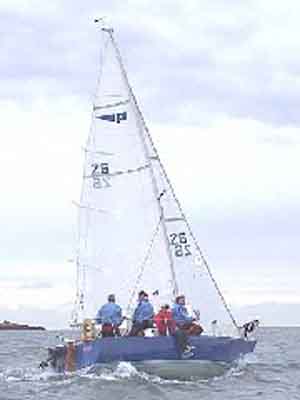Naval Visits focuses on forthcoming courtesy visits by foreign navies from our nearest neighbours, to navies from European Union and perhaps even those navies from far-flung distant shores.
In covering these Naval Visits, the range of nationality arising from these vessels can also be broad in terms of the variety of ships docking in our ports.
The list of naval ship types is long and they perform many tasks. These naval ships can include coastal patrol vessels, mine-sweepers, mine-hunters, frigates, destroyers, amphibious dock-landing vessels, helicopter-carriers, submarine support ships and the rarer sighting of submarines.
When Naval Visits are made, it is those that are open to the public to come on board, provide an excellent opportunity to demonstrate up close and personal, what these look like and what they can do and a chance to discuss with the crew.
It can make even more interesting for visitors when a flotilla arrives, particularly comprising an international fleet, adding to the sense of curiosity and adding a greater mix to the type of vessels boarded.
All of this makes Naval Visits a fascinating and intriguing insight into the role of navies from abroad, as they spend time in our ports, mostly for a weekend-long call, having completed exercises at sea.
These naval exercises can involve joint co-operation between other naval fleets off Ireland, in the approaches of the Atlantic, and way offshore of the coasts of western European countries.
In certain circumstances, Naval Visits involve vessels which are making repositioning voyages over long distances between continents, having completed a tour of duty in zones of conflict.
Joint naval fleet exercises bring an increased integration of navies within Europe and beyond. These exercises improve greater co-operation at EU level but also internationally, not just on a political front, but these exercises enable shared training skills in carrying out naval skills and also knowledge.
Naval Visits are also reciprocal, in that the Irish Naval Service, has over the decades, visited major gatherings overseas, while also carrying out specific operations on many fronts.
Ireland can, therefore, be represented through these ships that also act as floating ambassadorial platforms, supporting our national interests.
These interests are not exclusively political in terms of foreign policy, through humanitarian commitments, but are also to assist existing trade and tourism links and also develop further.
Equally important is our relationship with the Irish diaspora, and to share this sense of identity with the rest of the World.
 In Afloat's March 2009 issue, Graham Smith wrote the following: "Essentially an indigenous racer, the Puppeteer has records of 53 boats being built over the years, with 31 of them based in Howth where they regularly get 20 out for club races. It has tried in recent years to make it a strict one-design, but with northern boats racing under IRC, there are considerable differences between the boats so travelling north isn’t worth it! Click here for all the latest Puppeteer news and updates.
In Afloat's March 2009 issue, Graham Smith wrote the following: "Essentially an indigenous racer, the Puppeteer has records of 53 boats being built over the years, with 31 of them based in Howth where they regularly get 20 out for club races. It has tried in recent years to make it a strict one-design, but with northern boats racing under IRC, there are considerable differences between the boats so travelling north isn’t worth it! Click here for all the latest Puppeteer news and updates.



























































